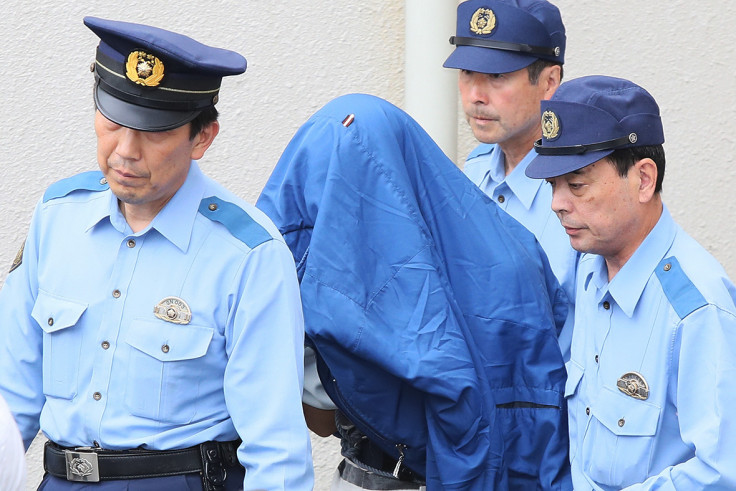Japanese man to plead guilty for killing 19 people with disabilities in care home
A man who killed 19 disabled people "for the sake of society" in 2016, set to plead guilty of all counts of murder in an upcoming trial.
An ex-employee at a care facility in Sagamihara, of Japan's Kanagawa Prefecture, went on a stabbing spree in 2016. Satoshi Uematsu broke into the care home, tied up an employee, and went from room to room killing the occupants. Uematsu's case had been awaiting trial since 2016. Nearly four years since the incident, Uematsu is to be brought to court on January 8, 2020. Media reports claim that the proud murderer will accept all 19 murder charges.
In the early hours of July 26, 2016, in a care home south of Tokyo, Uematsu launched his pre-meditated attack.
Using a hammer, Uematsu broke the locks of the care home. Upon entering the facility, he tied up an employee and stole the keys. He then used the keys to access the rooms of the residents as they slept. He proceeded to stab 10 women and nine men in the neck in their sleep. The victims were between the age of 18 and 70. Before an alarm could be raised, Uematsu managed to complete the crime and leave the facility.

Within hours of the murders, Uematsu turned himself in. Since 2016, he has been awaiting trial, which will begin on January 8. The court is supposed to give the verdict on March 16, 2020. Sources like Reuters claim that Uematsu will be pleading guilty for his crimes.
Apart from the death toll and the grisly nature of the crime, what drew media attention to the case was Uematsu's brazen acceptance of his crime.
Even though Uematsu extended hollow apologies to the families of the people he murdered, his interviews painted a very different picture. Multiple interviews from 2017 to 2018 have reported Uematsu claiming that his actions were for the betterment of society.
Uematsu seemed to believe that the disabled people he murdered did not have a reason to live. The toxic belief that he had the responsibility of ending the life of "people with failed minds" led to his actions.
Since 2012, Japan has had more than three dozen executions, as Sky News pointed out. The death penalty is reserved for cases of multiple homicides or similar depraved crimes.
Uematsu's belief that what he did was for the good of society led him to also believe that his crime does not deserve the death penalty. While Uematsu seems unwilling to be handed a death sentence, in his interviews he claims that a death sentence is "unavoidable" in his case.
© Copyright IBTimes 2025. All rights reserved.





















